Whose voices are in your head when it comes to your career narrative and what are they saying?
Depending on our experiences to date, the composition of these voices can range from largely negative to mostly positive. Where we find ourselves along this continuum can be heavily influenced by our identities and intersections. Our identities, especially those that are visible, can play a strong role in influencing the nature of the messages we receive about ourselves both in life and work. For those of us holding one or more marginalized identities with regard to gender, race, LGBTQ status, or having a disability, the voices we have heard may have trended toward the negative.
In the career setting, these negative messages can infiltrate, influence, or even impede your own voice when it comes to telling your career story to advance or land a new role. These voices are one of the many manifestations of systemic racism, sexism, homophobia, ableism, and more, that are ingrained in the corporate world.
This looks like my client who is an accomplished black professional with ~30 years in her field worrying about formal and informal performance feedback she’d received years ago impacting her ability to find a new job today -- in a new industry. This looks like the Asian man being told he’s “too timid” and needs to work on his “professional presence” if he’s going to have a shot at promotion. This looks like women being concerned about being perceived as a “bitch,” “too aggressive/bossy/demanding” for simply expressing clear opinions or making direct requests. Multiply that x3 for women of color. Being called “unorthodox” or “difficult” if your way of doing things doesn’t quite mesh with the company culture -- or majority culture (you decide).
These voices, often unsolicited, may have been part of the soundtrack of your professional life for years and now that you need to open your mouth to sing your own song, you find that it’s not just you as a solo vocalist. At best, these voices are singing backup, and at worst they are fighting to drown you out as lead. However loud these voices are in your career narrative, it is possible to turn them down and/or mute them completely.
How to Trust Your Own Voice in Your Career Narrative
I’ve previously written about why the stories we tell ourselves matter, but trusting your voice in telling your story may be just as if not more important. One of the most insidious impacts of these negative external voices is to invalidate or even make you question your own experience. The moments we find ourselves asking, “did situation X really go down how I think it did?” or “am I really seen as [INSERT PERSONAL CHARACTERISTIC] as s/he says I am?” -- that’s when we aren’t trusting our own voice/experience/reality and are entertaining adopting the voices of others. Here’s how to push back against that…
Practice Being Kind to Yourself
We all develop our voices and trust in them at different times and at different rates. For some of us, making this transition can be slow fade, whereas for others it’s a fast cut. Whatever your process looks like, own it, because it’s your process. The messages you’ve internalized (to various degrees) did not start yesterday. Depending on the length of your career, you may have experienced decades of voices that have been chipping away at your core narrative. Give yourself grace in recognizing and validating your experiences and kindness as you learn to assert and trust your own voice as you tell your career story.
Reality Test the Truth of these Voices
Just because someone says something about you doesn’t make it true. Whether it has to do with your performance, interpersonal skills, communication style, etc., the person delivering that feedback has their own opinions, values, perspectives, personal experiences, and motives behind whatever it is they’re saying. The best defense against incorporating false/negative narratives into your own, no matter how often they’re repeated, is to rationally test/challenge them to see if they stand. Filter any feedback you get through your own lens and/or that of someone else that you trust to give you honest feedback and see if that voice still has validity.
If it crumbles, great -- silence it and move on. If there is anything that seems valid, see what you can learn from and improve upon so that you grow and evolve as a result. This will allow you to later tell stories about your development over time as part of your narrative.
Photo by Etty Fidele on Unsplash
Don’t Make Your Past Your Present
In one of my first jobs out of college, I received a glowing mid-year performance review and was subsequently blindsided by a largely negative year-end review with no conversations or warnings in between. I disagreed with the review to the point that I wrote a formal rebuttal as a 23/24yr-old recent college grad. I will never forget that experience, but I didn’t let it define me. It was a very tough experience, but I don’t carry the voice of that negative review with me or allow it to influence my voice in telling my story of that role. I focus on the positive impacts which I made and what I learned from that overall experience.
Look for Evidence to Assert Your Voice
Two of the key features of a strong singing voice are the ability to hit the high notes and good range. When it comes to your voice in your career narrative, your high notes are your accomplishments and your range is the variety of contexts in which you’ve delivered them. In order to share these, you have to know what they are.
Compile a list of your achievements over the span of your career. This will help you build the evidence you need of your contributions and value to advance/land a new job. Seeing your greatest hits is an invaluable way to validate yourself, boost your confidence, & help you structure your brand/career platform.
Practice Telling Your Story in Your Voice Only
Your story is valuable, for no other reason the fact that it exists and you own it, but you have to believe that before anyone else can. It’s important to believe in your own story because without that internal belief, convincing others will be extremely difficult. The challenge is that not all of us start with that inherent belief, whether by nature or nurture, so we have to develop it. I encourage you to practice telling stories about your wins, both great and small in your career so that it becomes natural. It’s not about bragging, but about being genuinely excited about something that you’ve done.
Practice your story muting all the naysayers and critics so that your own voice comes through clearly. Where appropriate, incorporate the positive/constructive feedback you have received that highlights your strengths and brand.
Ultimately, when you walk into a room for a performance review, promotion discussion, or interview, none of those voices from your past are physically present in the room with you. This being the case, why would you let them speak for you?
Your career. Your story. Your voice. Own. It.
Need help amplifying your voice in your career narrative? I’d love to support you!
Book Now for a free consultation.
NIIATO@AVENIRCAREERS.COM | CALL/TEXT 917-740-3048


